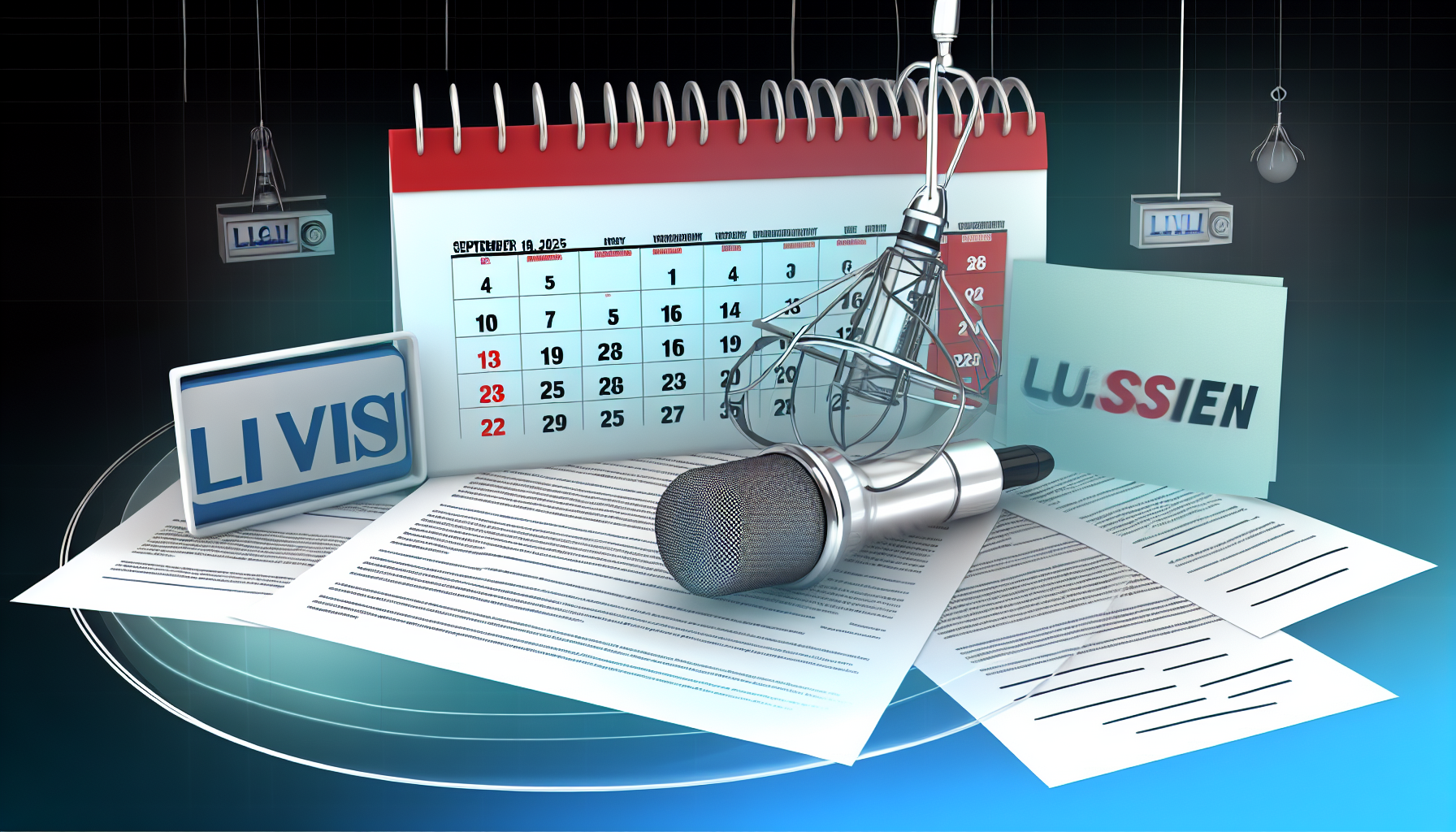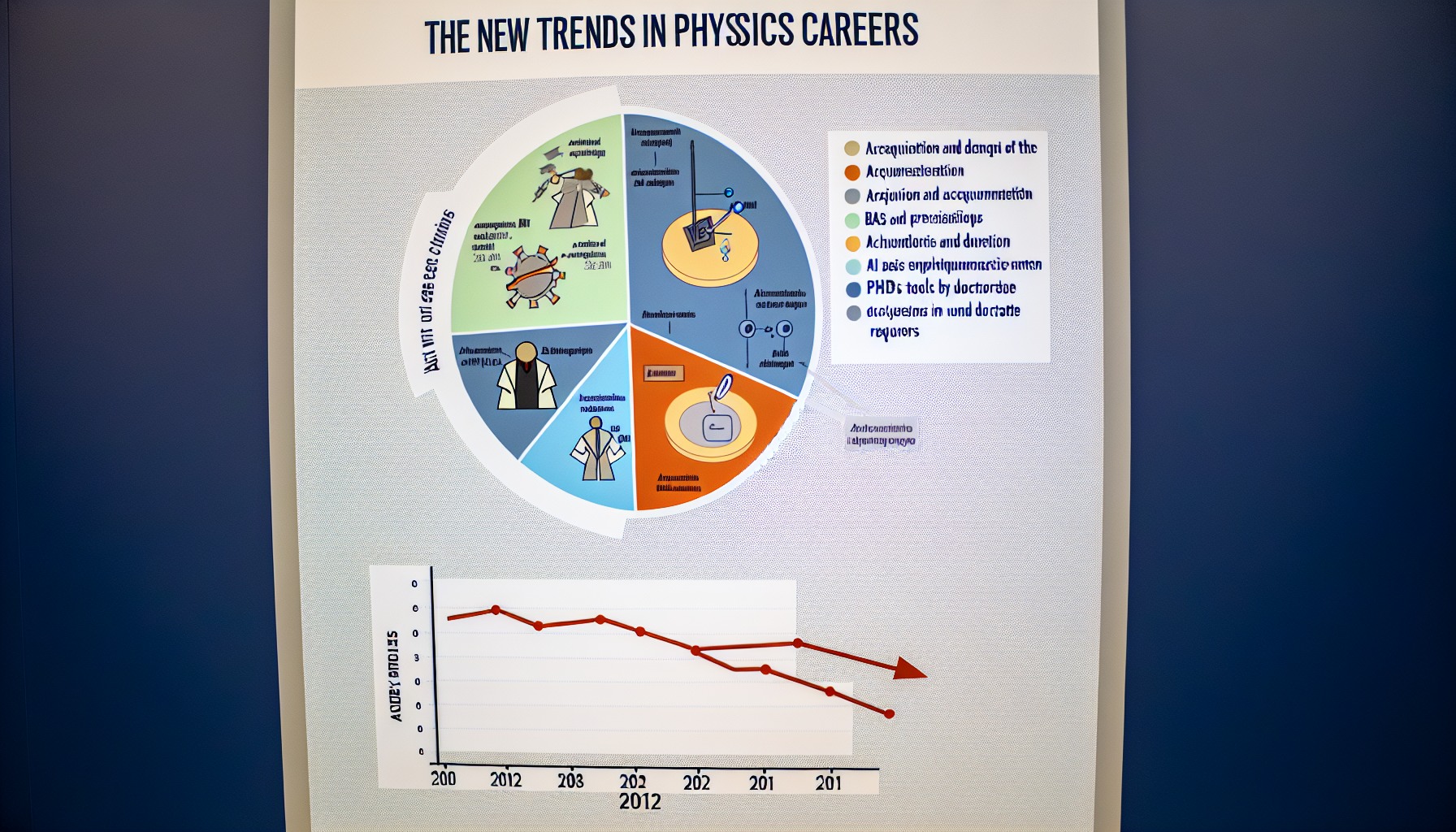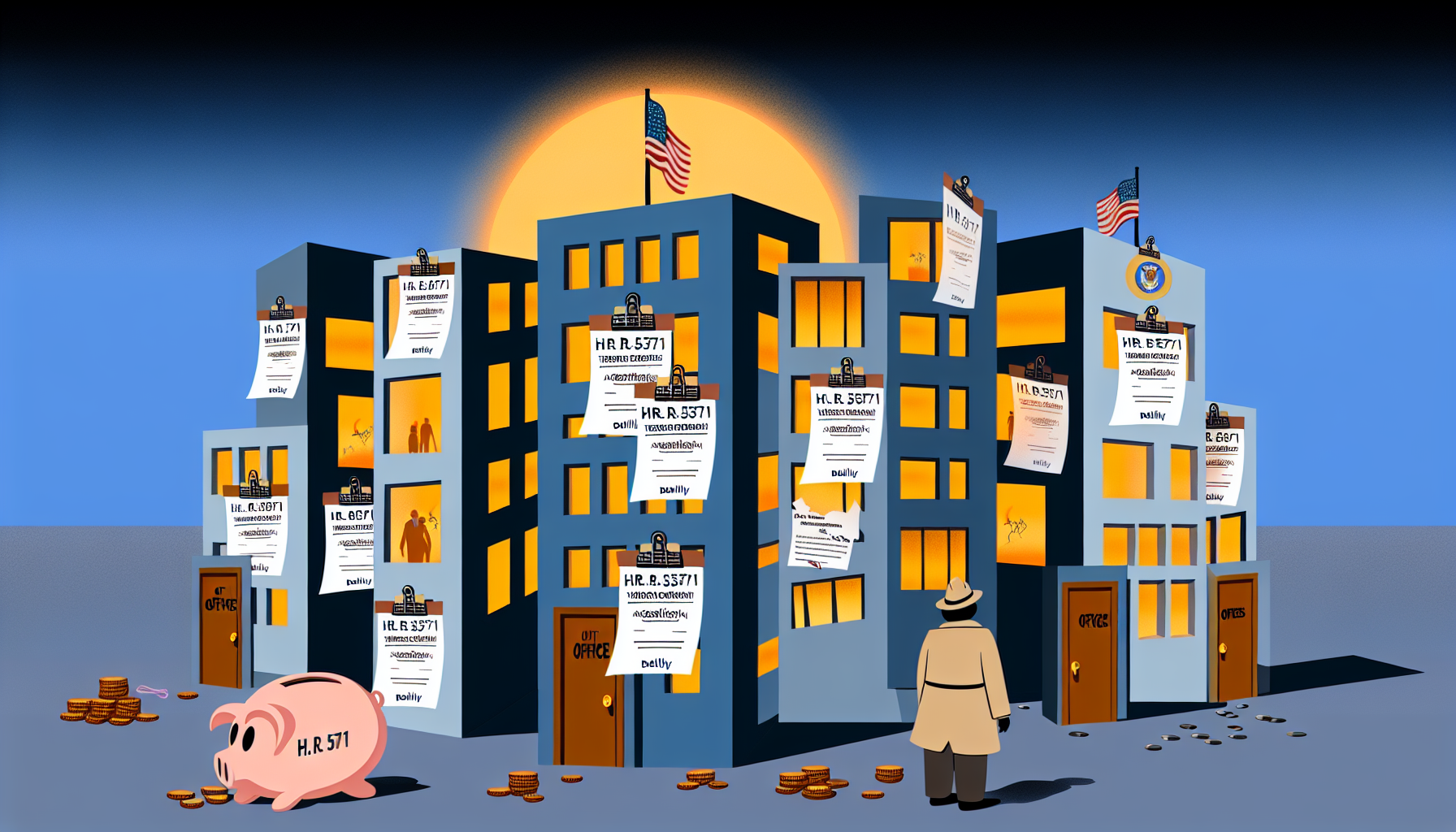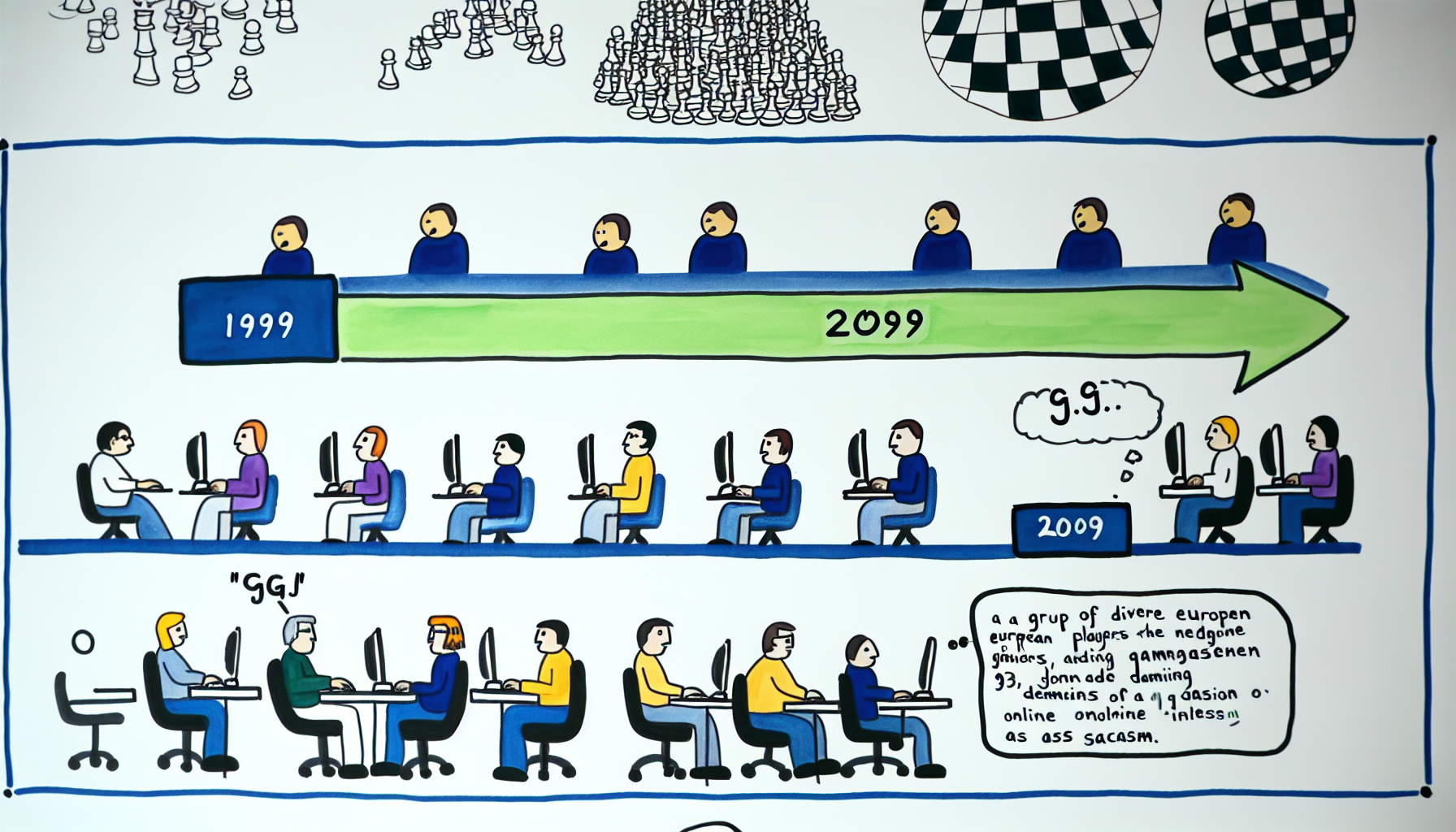FCC Chair Brendan Carr intensified pressure on ABC and its parent, Disney, after the network suspended Jimmy Kimmel on September 18, 2025, warning “we’re not done yet” and pointing to broadcasters’ public-interest obligations in the wake of a late-night controversy tied to Charlie Kirk’s killing. Carr said Kimmel “appeared to mislead” the public, signaled potential regulatory steps, and highlighted leverage tied to affiliate preemptions and pending approvals involving Nexstar and Tegna. [1][2]
Carr’s public salvo quickly reframed a network programming decision into a broader policy fight over media regulation, mergers, and the First Amendment, as affiliates including Nexstar and Sinclair preempted Kimmel’s show and prominent lawmakers demanded investigations—some even calling for Carr’s resignation. The episode now sits at the center of a high-stakes dispute over how far federal regulators can—or should—go in policing broadcasters’ conduct. [2][3][5]
Key Takeaways
– Shows ABC suspended one late-night program on Sept. 18, 2025, after Brendan Carr warned “we’re not done yet” and hinted at regulatory action. [1][2] – Reveals two major broadcast groups—Nexstar and Sinclair—preempted Kimmel, amplifying affiliate pressure on ABC amid mounting political scrutiny. [2][3] – Demonstrates two pending approvals tied to Nexstar and Tegna could give regulators leverage as media consolidation remains under review. [1] – Indicates Disney, ABC’s parent, faces potential action as Carr labeled Kimmel’s remarks “truly sick,” intensifying Washington’s response. [2] – Suggests criticism surged across parties, with House Democrats and civil liberties groups warning of First Amendment risks and precedent. [3][4][5]
Brendan Carr’s warning and regulatory leverage
Carr’s critique was unusually sharp for a sitting FCC chair. In a CNBC interview on September 18, he said Kimmel “appeared to mislead” the public about Charlie Kirk’s killing and added, “we’re not done yet,” in a sign the agency could take further steps in the broader media ecosystem. He stressed broadcasters’ “public-interest obligation” and raised the possibility of regulatory action, moving the debate beyond a single late-night segment. [1]
The warning effectively linked editorial content to policy scrutiny and market structure. Carr cited both affiliate preemptions and merger-related leverage, specifically referencing pending approvals involving Nexstar and Tegna. While he did not detail timing or remedies, the message was clear: license renewals, transaction reviews, and related approvals could intersect with how broadcasters and their affiliates handle contentious content. [1]
What triggered ABC’s suspension decision
ABC suspended Kimmel indefinitely after backlash to his remarks about Charlie Kirk’s murder, a decision the network made public on September 18. The Associated Press reported that Carr called the comments “truly sick,” and warned of potential action against Disney, highlighting how quickly a programming controversy became a regulatory flashpoint. The AP also noted concurrent affiliate preemptions and growing political demands for inquiries into the episode’s handling. [2]
The timing was pivotal. Within hours of Carr’s televised warning, pressure intensified across the broadcast chain, and ABC moved to pull the show from its lineup. ABC did not announce a timetable for reinstatement, leaving the duration undefined and the business impact uncertain as affiliates navigated preemptions, viewer expectations, and advertiser sensitivity. [2]
Affiliate preemptions by Nexstar and Sinclair reshape the stakes
Preemptions by affiliates are not rare in local programming, but the decision by two of the nation’s largest broadcast groups—Nexstar and Sinclair—to withhold Kimmel heightened the episode’s visibility and commercial risk for ABC. The moves signaled that local stations, many of which maintain their own standards and regional pressures, were willing to break from the network feed amid controversy. [2][3]
Politico underscored how affiliate choices can cascade into national narratives, particularly when the groups involved have substantial footprints. By preempting the show, affiliates multiplied the pressure on Disney and ABC to respond swiftly, reducing the show’s reach and intensifying the political optics during a volatile period in media policy under the Trump administration. [3]
How two pending approvals—Nexstar and Tegna—create leverage
Carr’s reference to pending approvals involving Nexstar and Tegna placed media consolidation squarely in the frame. Although he did not specify outcomes, signaling those transactions reinforced that regulators can influence behavior through the pace and terms of merger reviews, especially when assessing public-interest obligations alongside market concentration and localism. [1]
In practice, this translates to heightened scrutiny on commitments around news standards, content oversight, and community service. When affiliate preemptions coincide with merger reviews, stakeholders—including station groups and prospective partners—face added uncertainty. That uncertainty can incentivize compliance, spur voluntary guardrails, or, conversely, trigger allegations of coercion from critics who see a chilling effect on editorial choices. [1][3]
Political backlash to Brendan Carr and resignation calls
Reaction in Washington was immediate and polarized. Politico reported that House Democrats called for Carr’s ouster, while advocacy groups like Free Press criticized the FCC’s posture as incompatible with free-expression norms. The Guardian added that Democratic leaders, including House Minority Leader Hakeem Jeffries, demanded Carr resign, alleging an abuse of regulatory power tied to the “we’re not done yet” warning. [3][5]
The Associated Press likewise described lawmakers demanding investigations, even as Carr framed his position as enforcing longstanding public-interest standards for licensed broadcasters. That political split ensures the showdown will migrate from media panels to oversight committees, where subpoenas, hearings, and letters can translate policy rhetoric into procedural escalation. [2][5]
Free-speech concerns and the First Amendment backdrop
The Washington Post reported that entertainers, former officials, and civil liberties groups fear ABC’s indefinite suspension, following Carr’s condemnation, could set a precedent that blurs editorial judgment and regulatory pressure. Senator Chuck Schumer and others warned of risks to First Amendment norms, arguing that government-linked threats—even if couched in public-interest language—can chill speech, particularly in satire and political commentary. [4]
That argument hinges on the distinction between what the government can do versus what it should do. Broadcasters accept certain obligations as a condition of their licenses, but critics assert that explicitly linking content disputes to merger leverage crosses a line. The longer Kimmel remains off the air, the more critics will argue that policy signals—not just programming standards—shaped ABC’s decision. [3][4]
Brendan Carr’s case for accountability and public interest
Carr’s counterargument leans on the statutory duty that broadcast licensees serve the public interest. CNBC’s interview framed his concern as accountability for accurate information in widely viewed programming, particularly when stories involve violence and public safety. Carr implied that misleading content undermines trust and violates broadcasters’ obligations, a claim he paired with the assertion that change is coming in the media ecosystem. [1]
Supporters of stricter oversight will stress that the FCC’s authority over licenses and transactions is not novel. They may argue that referencing pending approvals is a permissible reminder of the standards applicants must meet—standards that include responsiveness to community needs and avoidance of deceptive practices. That stance, however, faces rising legal and political scrutiny. [1][3]
What Disney and ABC face next in regulatory risk
The immediate risk for Disney and ABC is uncertainty: how long the suspension lasts, whether affiliates maintain preemptions, and whether the FCC’s posture affects unrelated but time-sensitive approvals in the broader broadcast landscape. The AP noted potential action aimed at Disney, raising the prospect of formal inquiries or harder-edged licensing reviews if the dispute escalates. [2]
Even if no formal enforcement occurs, the perceived link between content disputes and merger leverage could impose a reputational cost. Political actors can amplify this cost via hearings or public letters, while advocacy groups press for transparency in any contact between regulators and licensees about programming. Expect Disney to emphasize editorial independence while quietly engaging affiliates that control last-mile access to local audiences. [2][3]
The road ahead: hearings, timelines, and pressure points
In Congress, Democratic calls for Carr’s resignation signal an oversight path—letters, hearings, and potential legislative proposals to clarify guardrails on regulatory communications with licensees. In the executive branch, the FCC’s next steps—public notices, comment windows, or informal outreach—will be scrutinized for signs that content disputes are steering transactional outcomes. [3][5]
For affiliates, the decision matrix is immediate and local: audience expectations, advertiser sentiment, and reputational risk. For ABC, the calculus includes national brand integrity and the timing of any on-air return. For Carr, the risk is that warnings meant to enforce public-interest standards will be cast by critics as intimidation, especially after ABC’s indefinite suspension prompted warnings about a “new censorship era.” [2][4]
What this means for viewers and the industry now
For viewers, the bottom line is fewer late-night options while ABC decides the program’s future. For the industry, the episode is a stress test of the balance among editorial freedom, affiliate autonomy, and federal oversight in a concentrated media market. Politico’s context—media regulation under the Trump administration—ensures that each move will be read through a partisan lens, magnifying the stakes of seemingly procedural decisions. [3][4]
If Carr’s “we’re not done yet” becomes policy reality, expect closer alignment between content standards and regulatory scrutiny during future license renewals and merger reviews. If backlash prevails, look for new guardrails delineating acceptable regulator-licensee communications about content controversies, designed to prevent another collision between late-night jokes and merger math. [1][3][4][5]
Sources:
[1] CNBC – FCC’s Carr: Jimmy Kimmel misled on Charlie Kirk killing: https://www.cnbc.com/2025/09/18/jimmy-kimmel-charlie-kirk-fcc-carr.html
[2] The Associated Press – Why was Jimmy Kimmel’s late-night show suspended? Here’s what we know: https://apnews.com/article/ae43c600bd0f2a4c7d3c12077e91b211 [3] Politico – Kimmel’s suspension set off furious debate over free speech: www.politico.com/news/2025/09/18/jimmy-kimmel-suspension-reaction-00571616″ target=”_blank” rel=”nofollow noopener noreferrer”>https://www.politico.com/news/2025/09/18/jimmy-kimmel-suspension-reaction-00571616
[4] The Washington Post – Jimmy Kimmel’s suspension raises fears of a new censorship era: www.washingtonpost.com/entertainment/tv/2025/09/18/jimmy-kimmel-suspension-celebrities-react/” target=”_blank” rel=”nofollow noopener noreferrer”>https://www.washingtonpost.com/entertainment/tv/2025/09/18/jimmy-kimmel-suspension-celebrities-react/ [5] The Guardian – House Democrats call for FCC chair to quit over Jimmy Kimmel suspension: www.theguardian.com/us-news/2025/sep/18/jimmy-kimmel-fired-fcc-brendan-carr” target=”_blank” rel=”nofollow noopener noreferrer”>https://www.theguardian.com/us-news/2025/sep/18/jimmy-kimmel-fired-fcc-brendan-carr
Image generated by DALL-E 3









Leave a Reply